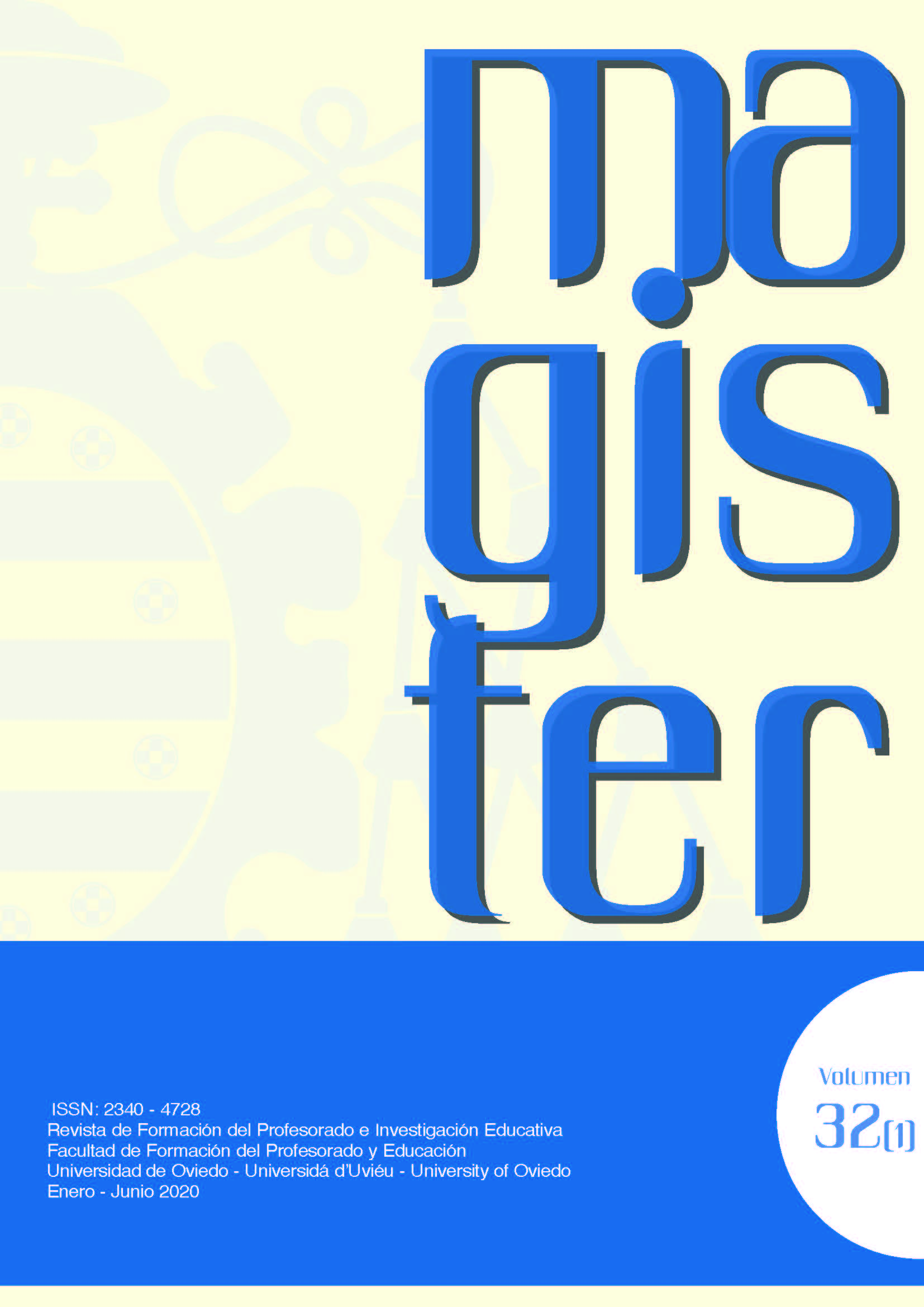Abstract
In this work we present an assessment test used at university level to evaluate practical knowledge in Mathematics, during the period of online teaching due to the pandemic caused by coronavirus. Synchronously, students should make a video recording showing how they perform the proposed tasks and upload it to the OneDrive platform to share the link with the teacher. The time available for the execution of the test is tight, in order to avoid its fraudulent realization. The academic performance of students in this experience has been satisfactory, analogous to that obtained in previous courses. At the end of the course, a satisfaction questionnaire was provided, which only one third of the participants have completed. The results of the questionnaire show that the lack of technical knowledge of the students, and the tightness of the time, have increased the nervousness of the students, so they do not think it is a good way to evaluate practical skills and prefer to perform other types of tests where they do not have to record videos. It would be desirable to encourage the use of ICT in the learning process, so that students were more familiar in advance with this type of resources.References
Cabero, J. (1987). Tecnología educativa: Diseño y evaluación del medio vídeo en el contexto de las EE.MM: Roles de utilización didáctica [Tesis doctoral]. Universidad de Sevilla.
Del Moral, C. (2012). Conocimiento didáctico general para el diseño y desarrollo de experiencias de aprendizaje significativas en la formación del profesorado. Profesorado. Revista de Currículum y Formación de Profesorado, 16(2). 412-452.
DOCLM (13/03/2020). Decreto 8/2020, de 12 de marzo, del Presidente de la Junta de Comunidades, sobre medidas extraordinarias a adoptar con motivo del coronavirus (SARS-CoV-2).
Dorrego, E. (2016). Educación a distancia y evaluación del aprendizaje. Revista de Educación a Distancia, 50, Art.12.
López-Arenas, J.M. y Cabero J. (1990). El vídeo en el aula II. El vídeo como instrumento de conocimiento y evaluación. Revista de Educación, 292, 361376.
Resolución (12/03/2020) de la Vicerrectora de Docencia de la Universidad de Castilla – La Mancha, sobre las medidas extraordinarias previstas en coordinación con los Vicerrectorados competentes para adaptar la universidad a la suspensión temporal de la actividad educativa presencial.
Rodríguez, M. J. (2005). Aplicación de las TIC a la evaluación de alumnos universitarios. Revista Electrónica Teoría de la Educación, 6(2) 2005. Recuperado de https://www.redalyc.org/pdf/2010/201021055002.pdf
Ruiz, A. (2009). La utilización del vídeo en Educación Primaria. Innovación y Experiencias Educativas, 14, 1-13.
Sanmartí, N. (2007). 10 Ideas Clave. Evaluar para aprender. Col. Ideas clave, 1. Graó:Barcelona.

